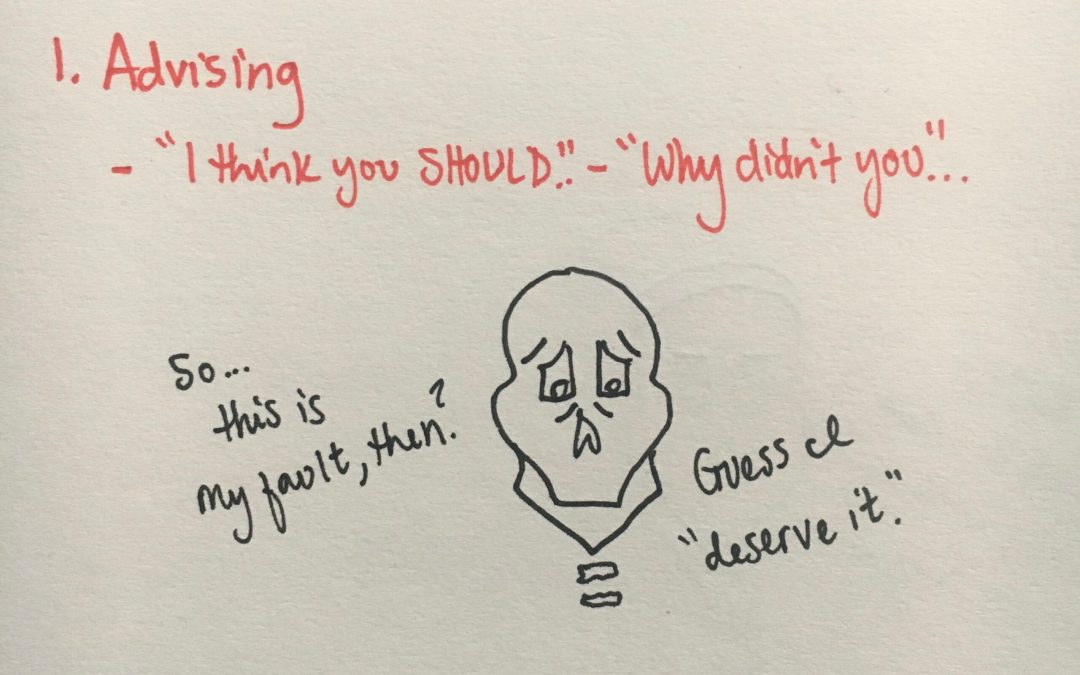This podcast episode explores the complex topic of filial obligation, discussing various philosophical perspectives on children’s duties towards their parents. It examines the relationship between ambivalence, guilt, and caregiver burden in parent-child dynamics. The episode also considers cultural differences in approaching filial piety, including Confucian views on self-realization through familial duty. It addresses the factors that influence the perception and outcomes of filial caregiving, offering listeners insights to navigate these challenging family decisions.














